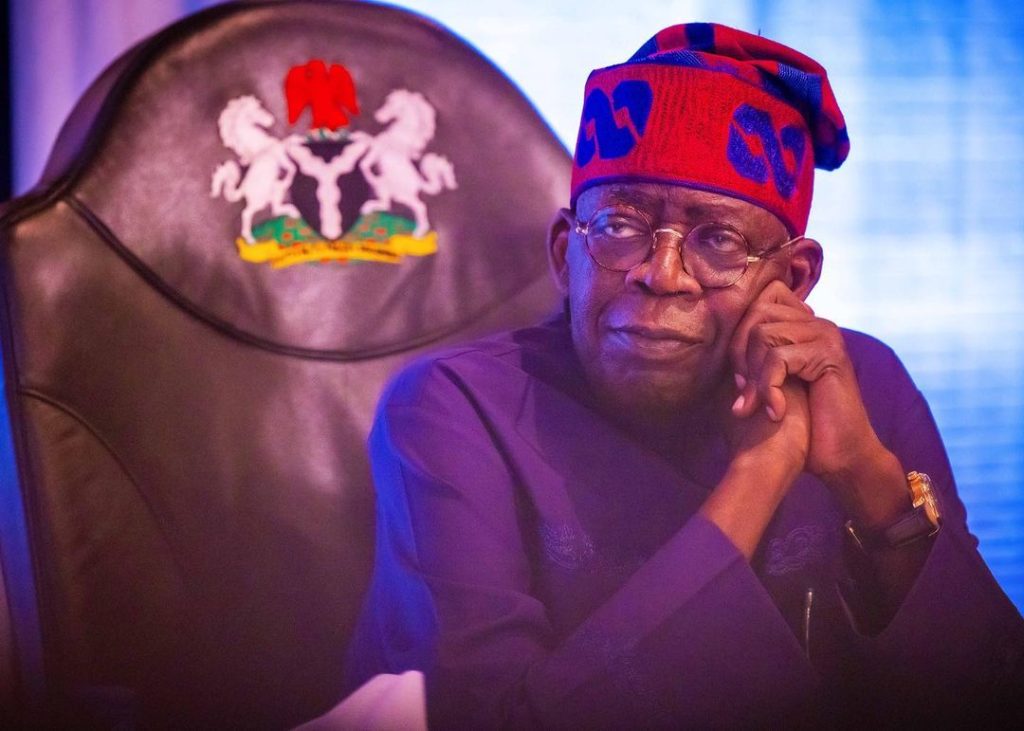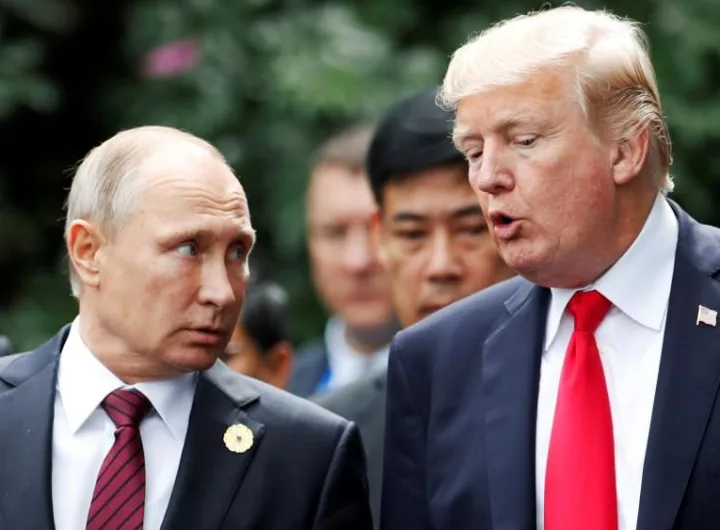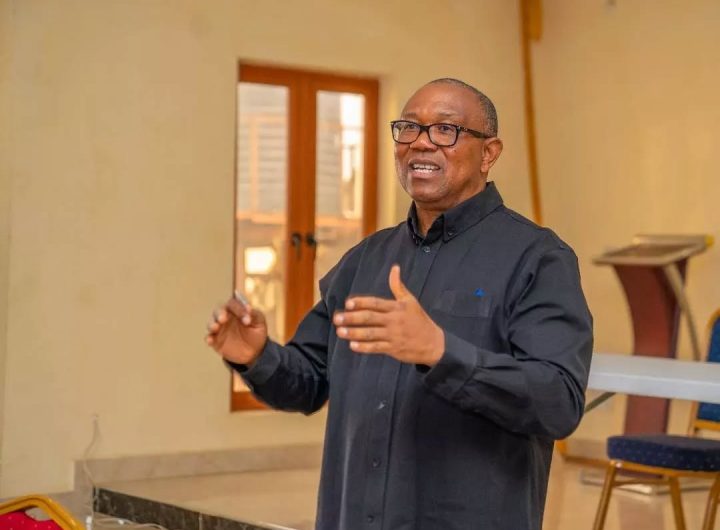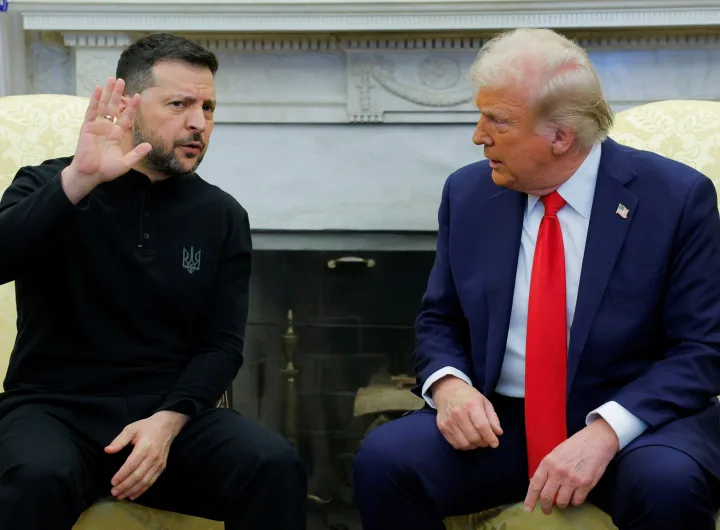
Tinubu's economic policies have been welcomed by the IMF/Instagram @officialasiwajubat
The IMF says the government must be consistent with plans meant to boost the economy.
The International Monetary Fund (IMF) has hailed the economic policies of President Bola Ahmed Tinubu despite the extreme hardship that citizens face.
President Tinubu’s tenure got off to a tough start for citizens following his Inauguration Day speech, which announced the removal of the fuel subsidy.
Fuel prices skyrocketed a few hours after his speech, leading the country into inflation.
Efforts by the Tinubu administration to unify the exchange rate also saw the Naira further lose its value to the dollar.
Insecurity has also undermined efforts by the government to fix the economy, as some multinational companies have ended operations in Nigeria over the economic and security uncertainty.
In its ‘2024 Article IV Consultation’ report on Nigeria, the IMF welcomed the “bold reforms” carried out by Tinubu’s government and praised the “authorities’ focus on revenue mobilisation, governance, social safety nets, and upgrading policy frameworks in the face of Nigeria’s significant economic and social challenges.”
Related: President Tinubu Apologises For Neglecting The Private Sector
The IMF also commended the government’s “work on a comprehensive revenue mobilisation strategy including boosting tax enforcement and broadening the tax base.”
According to the IMF, “mobilising revenue and reprioritising expenditure, including phasing out costly and regressive energy subsidies, are critical to creating fiscal space for development spending and strengthening social protection while maintaining debt sustainability.”
President Tinubu will mark his first year in office on May 29, and critics believe this is the most turbulent time in Nigeria’s economic history.
Critics questioned the economic priority of the government after it commenced work on the Lagos-Calabar coastal highway, which will cost the government trillions of naira, arguing that the funds should have been channeled into the repair of existing roads to fix the economic damages and facilitate trade among states.

 Trump Warns Putin Of Tariffs Over Ukraine War
Trump Warns Putin Of Tariffs Over Ukraine War  Peter Obi Condemns National Assembly’s Vote On State Of Emergency In Rivers State
Peter Obi Condemns National Assembly’s Vote On State Of Emergency In Rivers State  Pornographic Actor Anna Polly Falls And Dies From Hotel Balcony While Filming
Pornographic Actor Anna Polly Falls And Dies From Hotel Balcony While Filming  NYSC Members Set To Receive Monthly Allowance Of 77,000 From March
NYSC Members Set To Receive Monthly Allowance Of 77,000 From March  Why Trump Kicked Ukrainian President Zelenskyy Out Of The White House
Why Trump Kicked Ukrainian President Zelenskyy Out Of The White House  Zoe Saldaña Is The First Dominican-American To Win An Oscar; See All The Winners
Zoe Saldaña Is The First Dominican-American To Win An Oscar; See All The Winners  Commercial Motorbike Rider Fatally Stabbed By Wife Over Financial Dispute
Commercial Motorbike Rider Fatally Stabbed By Wife Over Financial Dispute